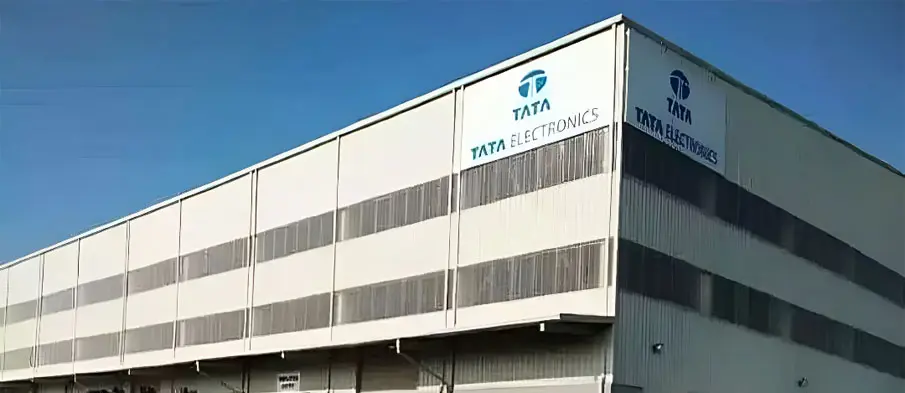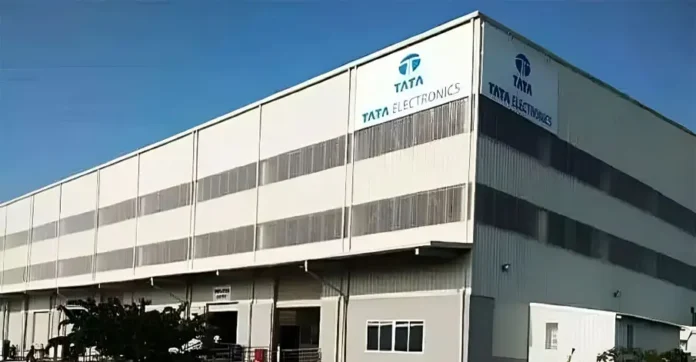
Tata Electronics Pvt Ltd (TEPL), the electronics manufacturing arm of the Tata Group, has reportedly sent hundreds of employees to Taiwan for training in semiconductor operations as it accelerates preparations for its upcoming INR 91,000 Cr chip fabrication facility in Gujarat.
According to a report, TEPL is collaborating with Taiwan-based Powerchip Semiconductor Manufacturing Corp (PSMC) to train its workforce in key semiconductor manufacturing competencies. Employees — both freshers and experienced professionals — are being dispatched in batches of around 75 to undergo hands-on training in areas such as equipment handling, process technology, yield engineering, and quality assurance.
“The number of people going in for training to Taiwan from Tata Electronics has certainly gone up as the company gets closer and is preparing for its fab. Talent is the biggest gap,” a source familiar with the matter told the publication.
This large-scale training effort aligns with TEPL’s broader semiconductor ambitions. The company, in partnership with PSMC, is constructing India’s first AI-enabled chip fabrication unit in Dholera, Gujarat, with an initial investment of INR 91,000 Cr (approximately $11 billion). The facility is expected to manufacture up to 50,000 wafers per month and generate over 20,000 direct and indirect jobs.
The chips produced will cater to a range of applications including power management ICs, display drivers, microcontrollers (MCUs), and high-performance computing logic — serving demand from sectors such as automotive, data storage, wireless communications, and AI.
In addition to the Dholera fab, TEPL is setting up an OSAT (Outsourced Semiconductor Assembly and Test) unit in Assam, with an estimated investment of INR 27,000 Cr. The Assam facility, projected to create around 27,000 direct and indirect jobs, is expected to become operational by mid-2025.
India’s semiconductor ecosystem is gaining momentum under the government-backed Indian Semiconductor Mission. Besides Tata Electronics, the Centre has approved projects from other major players including Micron Technology, which is investing $825 million in a Sanand-based unit, and Kaynes Semicon, which is building an OSAT facility in Gujarat with an outlay of INR 3,307 Cr. Kaynes is aiming to roll out India’s first packaged chip by July 2025.
According to MeitY Secretary S. Krishnan, India’s semiconductor demand is projected to more than double from $45–50 billion today to $100–110 billion by 2030, making these infrastructure and talent investments critical to meeting future needs.





